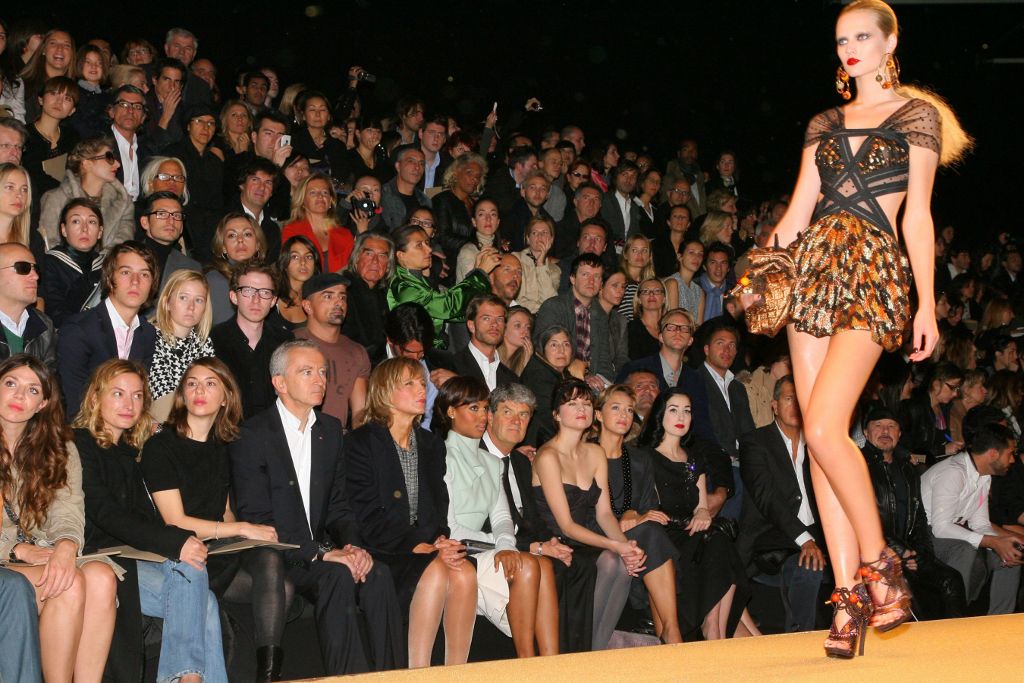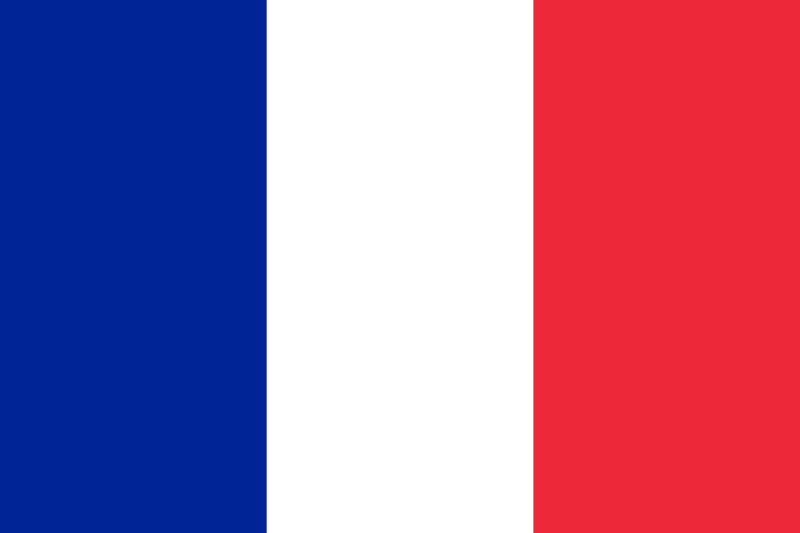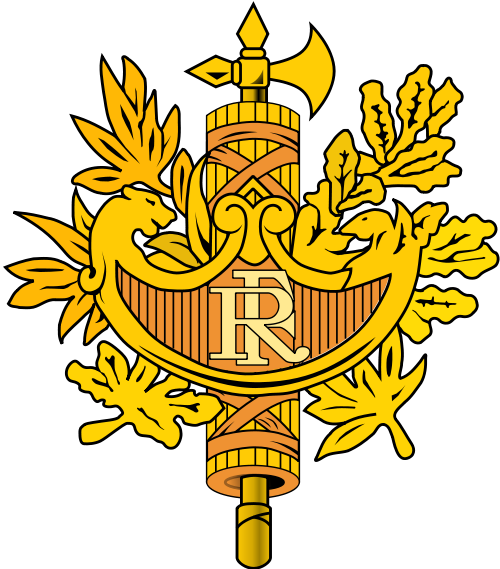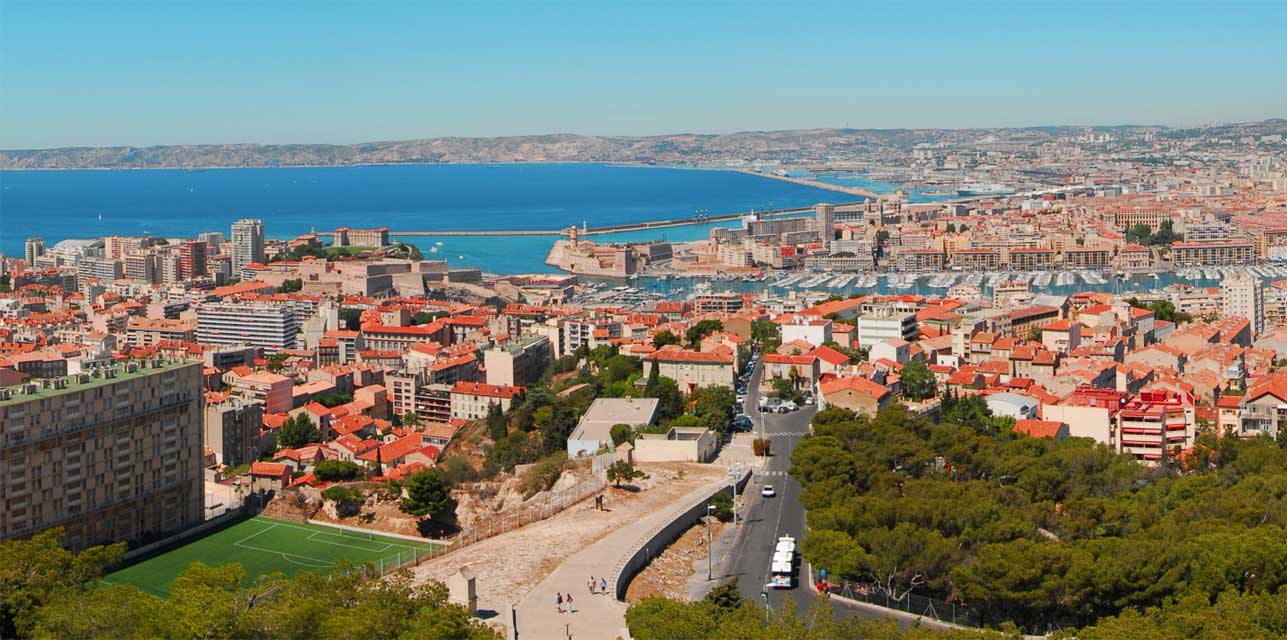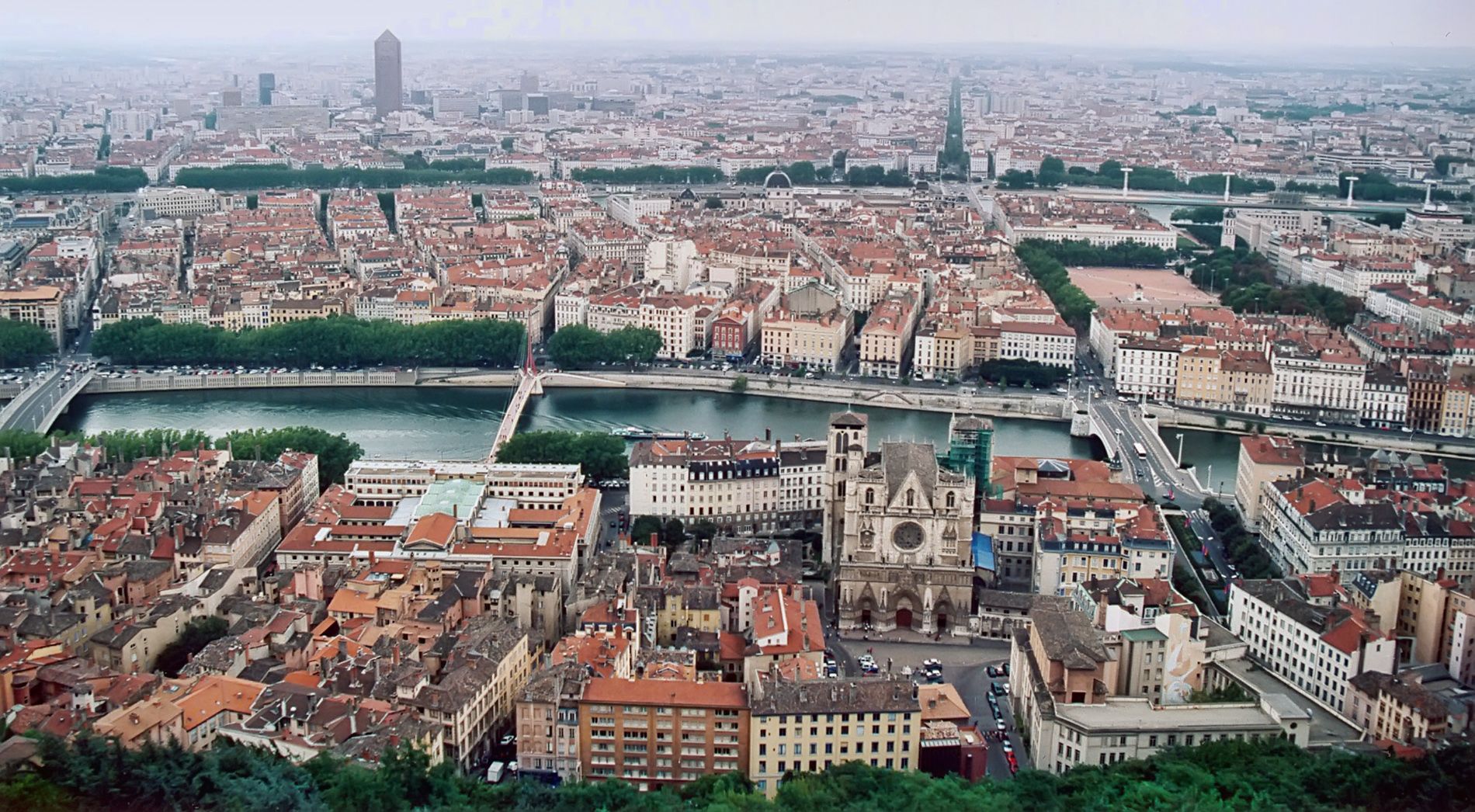
 *Track and field athletics
4x100 m Men
*Track and field athletics
4x100 m Men
 *Track and field athletics
4x100 m Woman
*Track and field athletics
4x100 m Woman
 *Track and field athletics
4x400 m Men
*Track and field athletics
4x400 m Men
 Atomic bomb
Atomic bomb

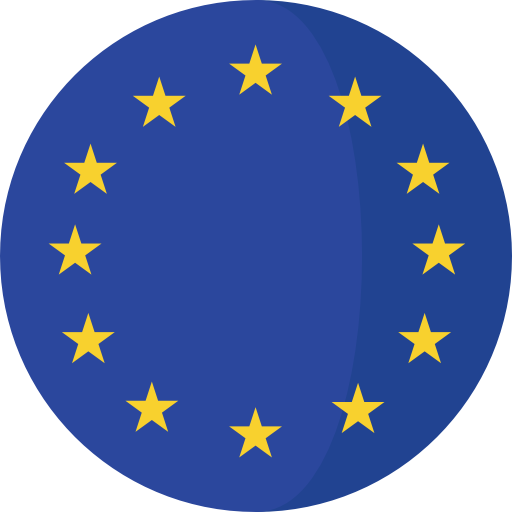 European Union
History of the European Union
European Union
History of the European Union

 European Union
*Founding states
European Union
*Founding states
 France
France

 Geography
Geography
 Leichtathletik-Weltmeisterschaften
2005 Helsinki
Leichtathletik-Weltmeisterschaften
2005 Helsinki
 Leichtathletik-Weltmeisterschaften
2003 Saint-Denis
Leichtathletik-Weltmeisterschaften
2003 Saint-Denis
 Leichtathletik-Weltmeisterschaften
2003 Saint-Denis
Leichtathletik-Weltmeisterschaften
2003 Saint-Denis

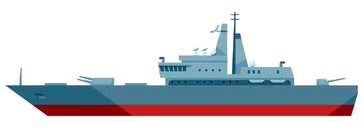
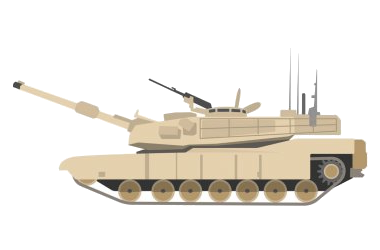
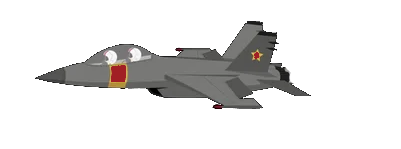
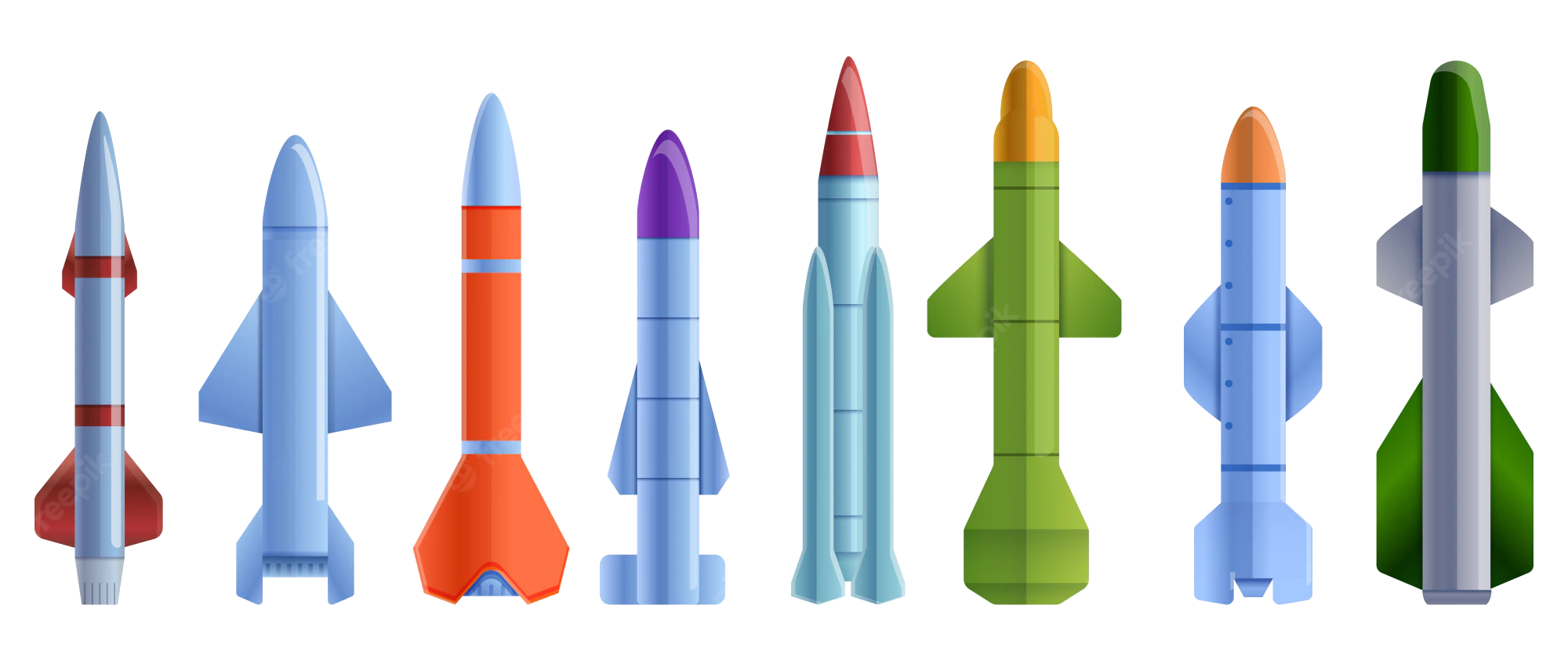 Military, defense and equipment
Nuclear Weapon
Military, defense and equipment
Nuclear Weapon

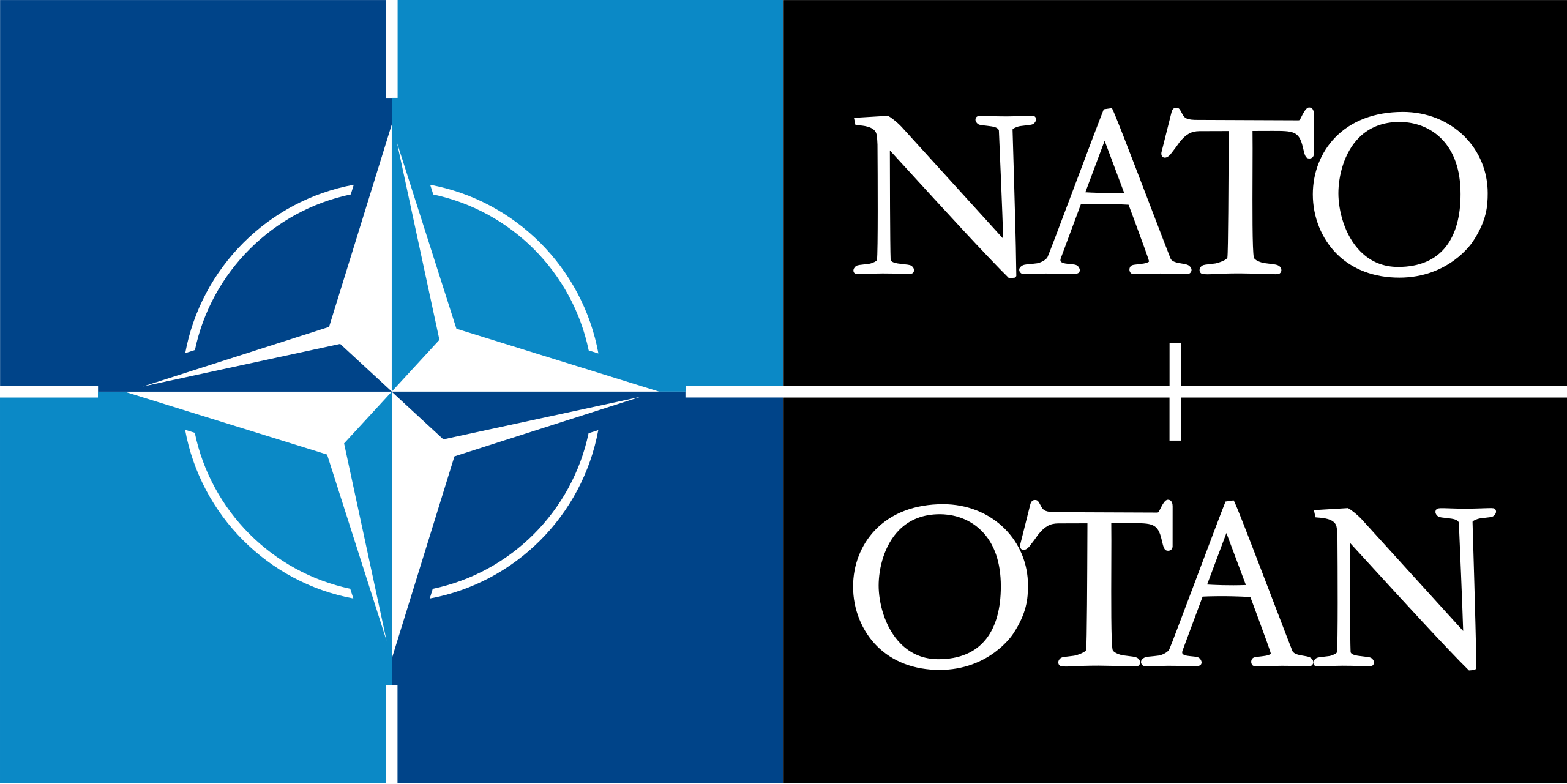 Mitglieder der NATO
Mitglieder der NATO

 Party and government
Group of the twenty most important industrial and emerging countries
Party and government
Group of the twenty most important industrial and emerging countries

 Party and government
Group of Seven,G7
Party and government
Group of Seven,G7

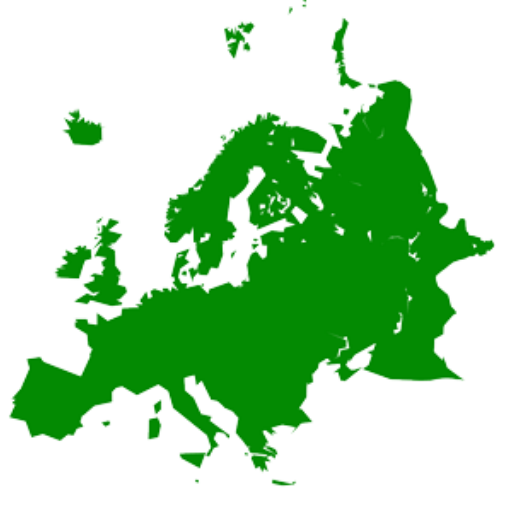 States of Europe
States of Europe

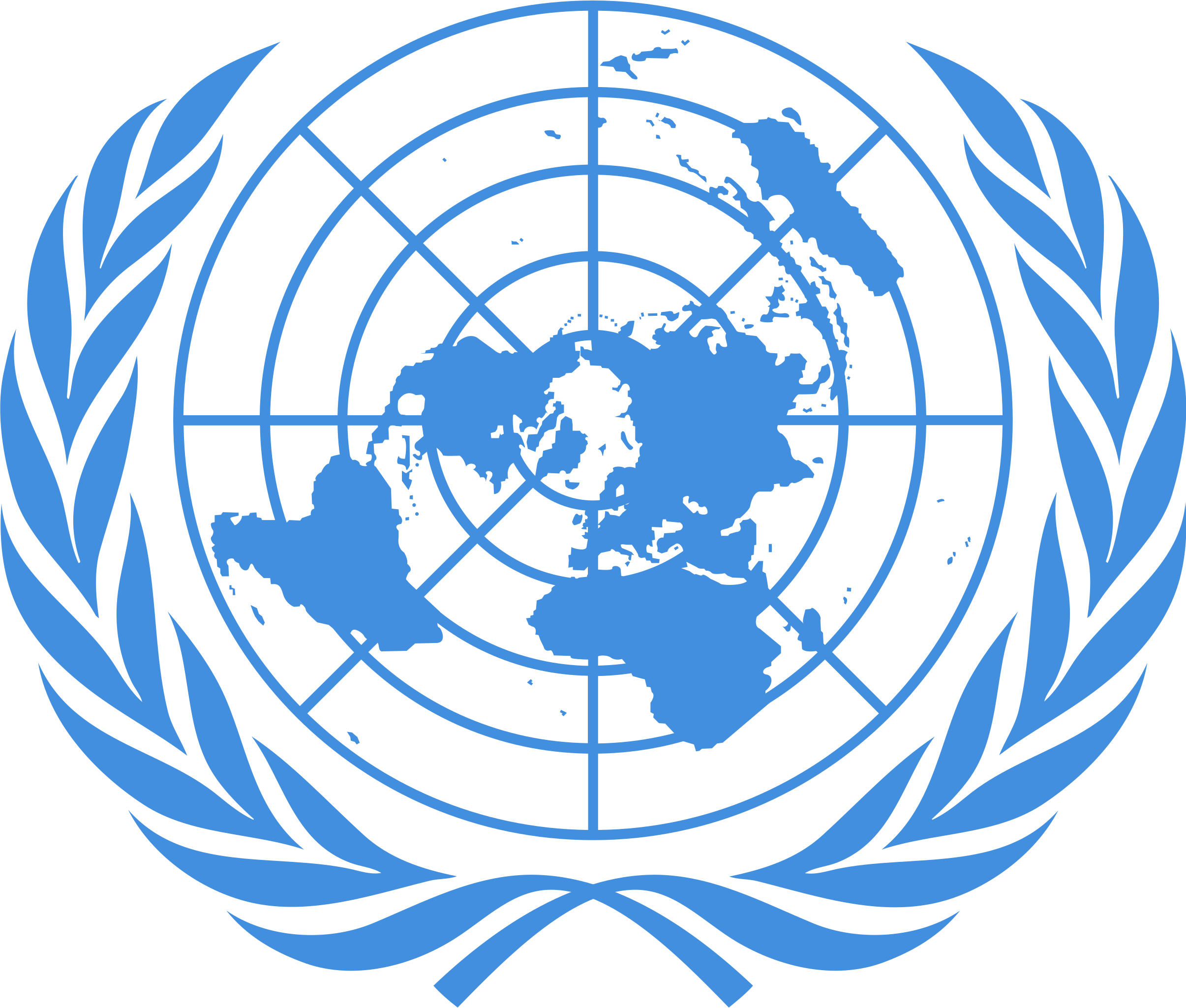 United Nations
United Nations Security Council
United Nations
United Nations Security Council
 Hydrogen bomb
Hydrogen bomb

Frankreich ![]() [ˈfʁaŋkʁaɪ̯ç] (französisch [fʁɑ̃s], amtlich République française [ʁe.py.ˈblik fʁɑ̃.ˈsɛz], deutsch Französische Republik) ist ein demokratischer, interkontinentaler Einheitsstaat in Westeuropa mit Überseeinseln und -gebieten auf mehreren Kontinenten. Metropolitan-Frankreich, d. h. der europäische Teil des Staatsgebietes, erstreckt sich vom Mittelmeer bis zum Ärmelkanal und zur Nordsee sowie vom Rhein bis zum Atlantischen Ozean. Sein Festland wird wegen seiner Landesform als Hexagone (Sechseck) bezeichnet. Frankreich ist flächenmäßig das größte und nach Einwohnern (hinter Deutschland) das zweitgrößte Land der Europäischen Union. Es umfasst (nach Russland und der Ukraine) das drittgrößte Staatsgebiet in Europa. Paris ist die Hauptstadt und als Agglomeration mit dem Gemeindeverband Métropole du Grand Paris und den umliegenden Gebieten der Region Île-de-France größter Ballungsraum des Landes vor Lyon, Marseille, Toulouse und Lille.
[ˈfʁaŋkʁaɪ̯ç] (französisch [fʁɑ̃s], amtlich République française [ʁe.py.ˈblik fʁɑ̃.ˈsɛz], deutsch Französische Republik) ist ein demokratischer, interkontinentaler Einheitsstaat in Westeuropa mit Überseeinseln und -gebieten auf mehreren Kontinenten. Metropolitan-Frankreich, d. h. der europäische Teil des Staatsgebietes, erstreckt sich vom Mittelmeer bis zum Ärmelkanal und zur Nordsee sowie vom Rhein bis zum Atlantischen Ozean. Sein Festland wird wegen seiner Landesform als Hexagone (Sechseck) bezeichnet. Frankreich ist flächenmäßig das größte und nach Einwohnern (hinter Deutschland) das zweitgrößte Land der Europäischen Union. Es umfasst (nach Russland und der Ukraine) das drittgrößte Staatsgebiet in Europa. Paris ist die Hauptstadt und als Agglomeration mit dem Gemeindeverband Métropole du Grand Paris und den umliegenden Gebieten der Region Île-de-France größter Ballungsraum des Landes vor Lyon, Marseille, Toulouse und Lille.
Im 17. und 18. Jahrhundert hatte Frankreich eine europäische Führungsrolle und Vormachtstellung inne. Bedeutend war die politische und kulturelle Ausstrahlung: Die Hofhaltung Ludwigs XIV. wurde zum Vorbild absolutistischer Staaten in ganz Europa und die Französische Revolution mit der Erklärung der Menschen- und Bürgerrechte gab zusammen mit Okkupationen durch Napoleon Bonaparte in vielen Ländern den Auftakt zu der immer wieder von Rückschlägen unterbrochenen Entwicklung zur Demokratie. In Übersee baute Frankreich zweimal ein Kolonialreich auf. Das erste umfasste u. a. große Teile Nordamerikas und ging großenteils Mitte des 18. Jahrhunderts im Siebenjährigen Krieg verloren; das zweite mit Schwerpunkt in Afrika war im 19. und frühen 20. Jahrhundert das zweitgrößte der Welt. Im 21. Jahrhundert gilt Frankreich mit Deutschland als treibende Kraft der europäischen Integration.
Die Französische Republik wird in ihrer Verfassung als unteilbar, laizistisch, demokratisch und sozial erklärt.[7] Ihr Grundsatz lautet: „Regierung des Volkes durch das Volk und für das Volk“. Frankreich steht auf Rang 26 des Index der menschlichen Entwicklung (2019) der Vereinten Nationen.[8] Gemessen am nominalen Bruttoinlandsprodukt ist es die sechstgrößte Volkswirtschaft der Welt.[5] Die Kaufkraft pro Einwohner betrug 2016 19.254 Euro (zum Vergleich: Deutschland 21.879 Euro, Großbritannien 21.141 Euro).[9] Lebensstandard, Bildungsgrad und durchschnittliche Lebenserwartung[10] gelten als hoch. Als meistbesuchtes Land der Welt empfängt Frankreich rund 83 Millionen ausländische Touristen pro Jahr.[11][12]
Frankreich unterhält die drittstärksten Streitkräfte innerhalb der NATO und das größte Heer der Europäischen Union. Es ist eines der fünf ständigen Mitglieder des UN-Sicherheitsrates und hatte 2010 als Atommacht die weltweit dritthöchste Anzahl an Kernwaffen.[13] Das Land ist Gründungsmitglied der Europäischen Union und der Vereinten Nationen, Mitglied der Frankophonie, der G7, der G20, der NATO, der Organisation für wirtschaftliche Zusammenarbeit und Entwicklung (OECD), der Welthandelsorganisation (WTO) und der Lateinischen Union.
法兰西共和国(法语:République française [ʁepyblik fʁɑ̃sɛz]),通称法国(法语:France [fʁɑ̃s] ![]() 聆听),是本土位于西欧并具有海外大区及领地[注 16]的主权国家,自法兰西第五共和国建立以来实行单一制与半总统制,首都为欧洲大陆最大的文化与金融中心巴黎。该国本土由地中海一直延伸至英吉利海峡及北海,并由莱茵河一直延伸至大西洋,整体呈六角状。海外领土包括南美洲的法属圭亚那及分布于大西洋、太平洋和印度洋的诸岛屿。全国共分为18个大区,其中5个位于海外。法国与西班牙及摩洛哥为同时拥有地中海及大西洋海岸线的三个国家。法国的国土面积全球第四十一位,但却为欧盟及西欧国土面积最辽阔的国家,欧洲面积第三大国家。
聆听),是本土位于西欧并具有海外大区及领地[注 16]的主权国家,自法兰西第五共和国建立以来实行单一制与半总统制,首都为欧洲大陆最大的文化与金融中心巴黎。该国本土由地中海一直延伸至英吉利海峡及北海,并由莱茵河一直延伸至大西洋,整体呈六角状。海外领土包括南美洲的法属圭亚那及分布于大西洋、太平洋和印度洋的诸岛屿。全国共分为18个大区,其中5个位于海外。法国与西班牙及摩洛哥为同时拥有地中海及大西洋海岸线的三个国家。法国的国土面积全球第四十一位,但却为欧盟及西欧国土面积最辽阔的国家,欧洲面积第三大国家。
今日之法国本土于铁器时代由高卢人(凯尔特人的一支)征服,前51年又由罗马帝国吞并。486年法兰克人(日耳曼人的一支)又征服此地,其于该地域建立的早期国家最终发展成为法兰西王国。法国至中世纪末期起成为欧洲大国,国力于19-20世纪时达致巅峰,建立了世界第二大殖民帝国,亦为20世纪人口最稠密的国家[来源请求],现今则是众多前殖民地的首选移民国[8]。在漫长的历史中,法国培养了不少对人类发展影响深远的著名哲学家、文学家与科学家,亦为文化大国,具有第四多的世界遗产[9]。
フランス共和国(フランスきょうわこく、フランス語: République française、通称:フランス、France)は、西ヨーロッパ、カリブ、太平洋およびインド洋に位置する共和制国家。首都はパリ。
フランス・メトロポリテーヌ(本土)は地中海からイギリス海峡及び北海へ、ライン川から大西洋へと広がる。この他世界各地に海外地域および領土を有する。
なお、フランス・メトロポリテーヌ周辺は北東がドイツとベルギーとルクセンブルク、東をスイスとイタリア、南にスペインと国境を接している。
フランスは国際連合安全保障理事会常任理事国であり、G7・G20、欧州評議会、世界貿易機関、経済協力開発機構、北大西洋条約機構、パリクラブおよびフランコフォニー国際機関における主要なメンバーである。国際政治においてはこれらの理由から、政治・経済・文化において強力な影響を及ぼす列強の一角に数えられており、ヨーロッパにおける「ビッグ4」の1つでもある。
核拡散防止条約により核兵器の保有を認められた5つの公式核保有国の1つであり、その他にアメリカ合衆国を除けば世界で唯一の原子力空母「シャルル・ド・ゴール」や原子力潜水艦を保有しており、強力な軍事力を持っている。
GDPは名目GDP世界第7位かつ購買力平価で世界第10位・ユーロ圏ではドイツに次ぐ第2位の経済力を有する国であり、高い人間開発指数を持つ先進国として知られる。数多くの世界遺産を抱えており、世界で最も観光客の多い国の1つである。
歴史的にはデカルト、モンテスキュー、ルソー、サルトルといった哲学者やマリ・キュリー、パストゥールといった科学者、モネ、セザンヌ、ゴーギャン、クールベ、ドラクロワといった芸術家の故国もしくは活躍の舞台であり、また百年戦争やフランス革命、ナポレオン戦争といった歴史的事象の主要な舞台であった。
France (French: [fʁɑ̃s] ![]() ), officially the French Republic (French: République française),[1] is a transcontinental country spanning Western Europe and overseas regions and territories in the Americas and the Atlantic, Pacific and Indian Oceans.[XIII] Including all of its territories, France has twelve time zones, the most of any country. Its metropolitan area extends from the Rhine to the Atlantic Ocean and from the Mediterranean Sea to the English Channel and the North Sea; overseas territories include French Guiana in South America, Saint Pierre and Miquelon in the North Atlantic, the French West Indies, and several islands in Oceania and the Indian Ocean. Due to its several coastal territories, France has the largest exclusive economic zone in the world. France borders Belgium, Luxembourg, Germany, Switzerland, Monaco, Italy, Andorra and Spain in Europe, as well as the Netherlands, Suriname and Brazil in the Americas. Its eighteen integral regions (five of which are overseas) span a combined area of 643,801 km2 (248,573 sq mi) and over 67 million people (as of May 2021).[13] France is a unitary semi-presidential republic with its capital in Paris, the country's largest city and main cultural and commercial centre; other major urban areas include Lyon, Marseille, Toulouse, Bordeaux, Lille and Nice.
), officially the French Republic (French: République française),[1] is a transcontinental country spanning Western Europe and overseas regions and territories in the Americas and the Atlantic, Pacific and Indian Oceans.[XIII] Including all of its territories, France has twelve time zones, the most of any country. Its metropolitan area extends from the Rhine to the Atlantic Ocean and from the Mediterranean Sea to the English Channel and the North Sea; overseas territories include French Guiana in South America, Saint Pierre and Miquelon in the North Atlantic, the French West Indies, and several islands in Oceania and the Indian Ocean. Due to its several coastal territories, France has the largest exclusive economic zone in the world. France borders Belgium, Luxembourg, Germany, Switzerland, Monaco, Italy, Andorra and Spain in Europe, as well as the Netherlands, Suriname and Brazil in the Americas. Its eighteen integral regions (five of which are overseas) span a combined area of 643,801 km2 (248,573 sq mi) and over 67 million people (as of May 2021).[13] France is a unitary semi-presidential republic with its capital in Paris, the country's largest city and main cultural and commercial centre; other major urban areas include Lyon, Marseille, Toulouse, Bordeaux, Lille and Nice.
Inhabited since the Palaeolithic era, the territory of Metropolitan France was settled by Celtic tribes known as Gauls during the Iron Age. Rome annexed the area in 51 BC, leading to a distinct Gallo-Roman culture that laid the foundation of the French language. The Germanic Franks arrived in 476 and formed the Kingdom of Francia, which became the heartland of the Carolingian Empire. The Treaty of Verdun of 843 partitioned the empire, with West Francia becoming the Kingdom of France in 987.
In the High Middle Ages, France was a powerful but highly decentralised feudal kingdom in which the king's authority was barely felt. King Philip II achieved remarkable success in the strengthening of royal power and the expansion of his realm, defeating his rivals and doubling its size. By the end of his reign, the kingdom had emerged as the most powerful state in Europe. From the mid-14th to the mid-15th century, France was plunged into a series of dynastic conflicts for the French throne, collectively known as the Hundred Years' War, and a distinct French identity emerged as a result. The French Renaissance saw art and culture flourish, various wars with rival powers, and the establishment of a global colonial empire, which by the 20th century would become the second-largest in the world.[14] The second half of the 16th century was dominated by religious civil wars between Catholics and Huguenots that severely weakened the country. But France once again emerged as Europe's dominant cultural, political and military power in the 17th century under Louis XIV following the Thirty Years' War.[15] Inadequate economic policies, an inequitable taxation system as well as endless wars (notably a defeat in the Seven Years' War and costly involvement in the American War of Independence), left the kingdom in a precarious economic situation by the end of the 18th century. This precipitated the French Revolution of 1789, which overthrew the absolute monarchy, replaced the Ancien Régime with one of history's first modern republics and produced the Declaration of the Rights of Man and of the Citizen, which expresses the nation's ideals to this day.
France reached its political and military zenith in the early 19th century under Napoleon Bonaparte, subjugating much of continental Europe and establishing the First French Empire. The French Revolutionary and Napoleonic Wars shaped the course of European and world history. The collapse of the empire initiated a period of relative decline, in which France endured a tumultuous succession of governments until the founding of the French Third Republic during the Franco-Prussian War in 1870. Subsequent decades saw a period of optimism, cultural and scientific flourishing, as well as economic prosperity known as the Belle Époque. France was one of the major participants of World War I, from which it emerged victorious at great human and economic cost. It was among the Allied powers of World War II, but was soon occupied by the Axis in 1940. Following liberation in 1944, the short-lived Fourth Republic was established and later dissolved in the course of the Algerian War. The current Fifth Republic was formed in 1958 by Charles de Gaulle. Algeria and most French colonies became independent in the 1960s, with the majority retaining close economic and military ties with France.
France retains its centuries-long status as a global centre of art, science and philosophy. It hosts the fifth-largest number of UNESCO World Heritage Sites and is the world's leading tourist destination, receiving over 89 million foreign visitors in 2018.[16] France is a developed country with the world's seventh-largest economy by nominal GDP and ninth-largest by PPP; in terms of aggregate household wealth, it ranks fourth in the world.[17] France performs well in international rankings of education, health care, life expectancy and human development.[18][19] It remains a great power in global affairs,[20] being one of the five permanent members of the United Nations Security Council and an official nuclear-weapon state. France is a founding and leading member of the European Union and the Eurozone,[21] as well as a key member of the Group of Seven, North Atlantic Treaty Organization (NATO), Organisation for Economic Co-operation and Development (OECD) and La Francophonie.
La France (Écouter), en forme longue depuis 1875 la République française (Écouter), est un État souverain transcontinental dont le territoire métropolitain est situé en Europe de l'Ouest et dont le territoire ultramarin est situé dans les océans Indien, Atlantique et Pacifique ainsi qu'en Amérique du Sud. Il s'agit de l'unique pays au monde à s'étendre sur treize fuseaux horaires. Le pays a des frontières terrestres avec la Belgique, le Luxembourg, l'Allemagne, la Suisse, l'Italie, l'Espagne et les deux principautés d'Andorre et de Monaco en Europe, auxquelles s'ajoutent les frontières terrestres avec le Brésil, le Suriname et les Pays-Bas aux Amériques. La France dispose d'importantes façades maritimes sur l'Atlantique, la Méditerranée, le Pacifique et l'océan Indien, lui permettant de bénéficier de la plus vaste zone économique exclusive du monde6.
La France est une république constitutionnelle unitaire ayant un régime semi-présidentiel. La devise de la République est depuis 1875 « Liberté, Égalité, Fraternité » et son drapeau est constitué des trois couleurs nationales : bleu, blanc, rouge. Son hymne national est La Marseillaise, chant patriotique hérité de la Révolution française. Son principe constitutif est la démocratie : le « gouvernement du peuple, par le peuple et pour le peuple ». Elle a pour capitale Paris et pour langue officielle le français depuis 1539, remplaçant le latin. Ses monnaies sont l'euro depuis 2002 dans la majeure partie du pays et le franc Pacifique dans ses territoires de l'océan Pacifique.
La France s'appelle ainsi depuis 1214, lorsque les troupes du roi Philippe Auguste battent celles de l’empereur germanique à Bouvines. La France tire son nom des
